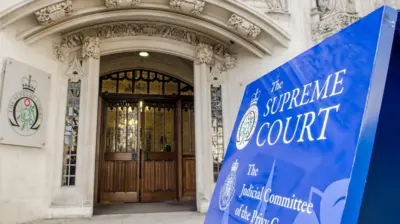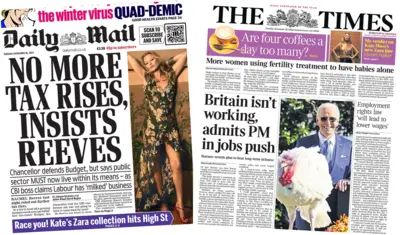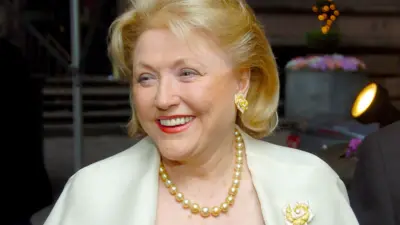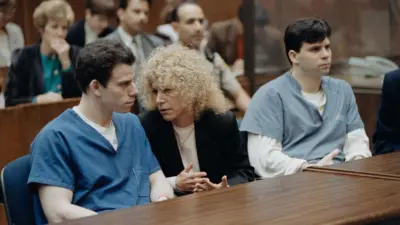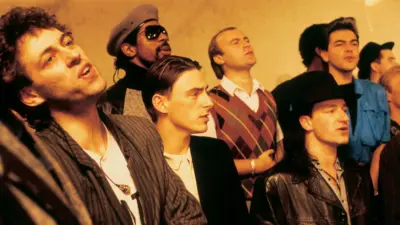We've updated our Privacy and Cookies Policy
We've made some important changes to our Privacy and Cookies Policy and we want you to know what this means for you and your data.
France election: Hollande gets powerful mandate
Top Stories
- Author, Christian Fraser
- Role, ┤¾¤¾┤½├¢ News, Paris
The election was a ringing endorsement of the growth-led policies Francois Hollande has outlined.
Last night, his Socialist Party won more than 300 seats, an absolute majority in the lower house of parliament. It is the first time they alone have held the National Assembly in 30 years, since the days of Francois Mitterrand, and it underlines once again that across Europe people are turning against the austerity agenda.
"With a new, solid, large majority we can pass laws for change," said Foreign Minister Laurent Fabius.
"It gives us great responsibilities both in France and in Europe."
Top Stories
Until now the more sensitive issue of cuts has been largely avoided, until the elections were out of the way.
But with public debt touching 90% and a shortfall of 10bn euros (£8bn; $13bn) in this year's deficit target of 4.5%, there will be difficult decisions ahead.
The government says it can rely on tax increases to fill the hole this year, but looking forward to the 2013 budget it is surely inevitable that public spending cuts will be required.
Top Stories
Room for manoeuvre
The good news for Mr Hollande is that with this result he can make the tough decisions, without turning to the Greens or more importantly the hard left, the Left Front. But his credibility on the European stage will be determined by his ability to balance the conflicting demands of his allies.
It was another bad night for the conservative UMP party of Nicolas Sarkozy, now without a leader. They will have up to 220 seats in the new parliament.
There were splits during the election campaign over whether the party should seek alliances with the far right, National Front (FN). The UMP leader Jean-Francois Cope, who is tipped as a future presidential candidate, said he "took note of the left's victory".
The Popular Right, the right-leaning allies of the UMP, paid the biggest price. Only 19 of their 39 deputies were re-elected and many of those defeated will be tempted by the coming overtures of Marine Le Pen.
The most intriguing story of the election was in the western town of La Rochelle, where the president's former partner Segolene Royal, the mother of his four children, was defeated. Her campaign was torpedoed last week by the First Lady, Valerie Trierweiler, who tweeted her support for Olivier Falorni, a dissident Socialist running against her. Conceding defeat Ms Royal spoke of "political treachery".
The extraordinary reversal in La Rochelle - Ms Royal was leading in the first round - was a severe embarrassment to the Socialist hierarchy and the only stain on an otherwise positive night for President Hollande.
Elsewhere the National Front won two seats for the first time since the mid-1980s, reflecting the growing wave of support across the continent for anti-immigrant, anti-European parties.
The party leader Marine Le Pen is contesting a narrow defeat in the northern town of Henin Beaumont, with perhaps just 100 votes the difference between her and the Socialist candidate. But in Carpentras in the south her niece, Marion Marechal-Le Pen, becomes the country's youngest ever MP at the age of just 22.
Challenging Germany
So, flush with electoral success and brandishing a further mandate to push for growth strategies, Francois Hollande travels to the G20 talks in Mexico today offering a different way forward.
Sooner than one might have expected he is shifting the tactical balance in eurozone politics away from Berlin. He has rallied the leaders of Italy and Spain and next week at a leaders' summit in Brussels he will present a "Covenant for Growth", an 11-page proposal for 120bn euros of investment in the eurozone economy.
The prime minister, Jean-Marc Ayrault, said from this point on France will be fighting "to re-orient Europe towards growth, protecting it from speculation". The task ahead, he conceded, "is immense".
His cabinet colleague, finance minister Pierre Moscovici, welcomed the result in Greece, though all countries, he restated, must continue to abide by the commitments they have made. "There must be discipline," he said. "But there must also be hope."
Top Stories
More to explore
Most read
Content is not available
